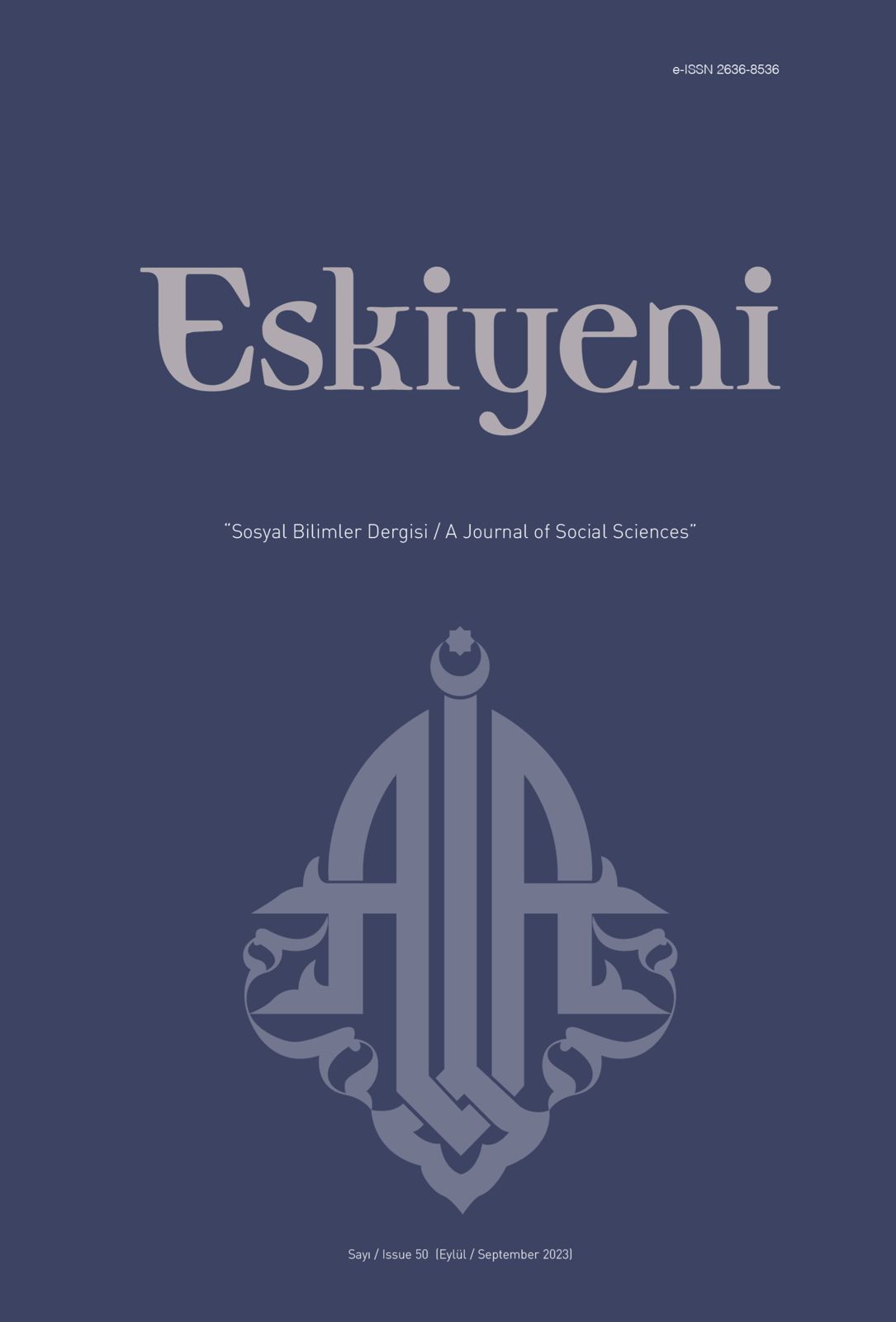Bir Ara/Yeni Mekân Düşünürü: Fazlur Rahman
A Thinker of In-Between/New Field: Fazlur Rahman
Author(s): Burhanettin TatarSubject(s): Theology and Religion, Philosophy of Religion, History of Islam, Contemporary Islamic Thought, Qur’anic studies
Published by: Anadolu İlahiyat Akademisi
Keywords: Islamic Philosophy; Qur’an; Universal Message; Islamic Tradition; Secularism (Atheism); Creative Thinking;
Summary/Abstract: This essay seeks to shed light on the fresh line of inquiry Fazlur Rahman has opened for us. His invitation has the following main justifications: 1) As long as Islamic thought concentrates on the historical forms of religion, i.e., Islam is reduced to its early historical forms, then its universal messages stay in the shadowy areas behind the forms. To find those messages that essentially that transcend historical forms, a new field of thought needs to be established. 2) Contemporary thought tends towards secularism, that is, atheism. Consequently, this new field of thought is required to save contemporary man from atheism. 3) Islamic tradition has a rich intellectual history, but it has lost the ability to discern the Qur'an's overarching meanings (messages). Therefore, we must introduce this new field of thought in terms of a strong methodology that simultaneously unearths the messages and gives us a critical viewpoint on Islamic heritage. Islamic tradition lacks a clear space or vantage point from which to conduct self-critique.In order to conceptualize the crises in traditional and modern thought and to give the world a new opportunity to provide a solution for them, Fazlur Rahman obviously views this new field of thought as essential. In other words, the new field of thought should be a field that is not subject to or reproduces these crises. If this is the case, where is the new field of thought that can rescue us from the dilemma that modern secularism and Islamic tradition face? Fazlur Rahman argues that it is within his methodology that the new field of thought can be opened that will take us out of the Islamic tradition, which has been damaged by both secularism (atheism), rigid formalism and non-Islamic influences. This unbiased approach to the historical context of revelation can help us understand the relationship between early religious forms and their overarching teachings (messages). Then, we can view these messages as the general goals or aims of the Islam, enabling us to come up with original solutions to the issues facing the present world. He considers that the Qur'an itself provides us with this creative thinking.
Journal: Eskiyeni
- Issue Year: 2023
- Issue No: 50
- Page Range: 611-629
- Page Count: 19
- Language: Turkish

